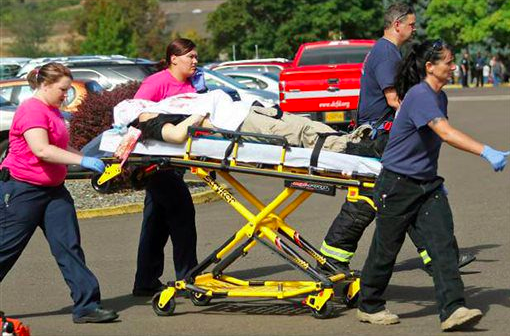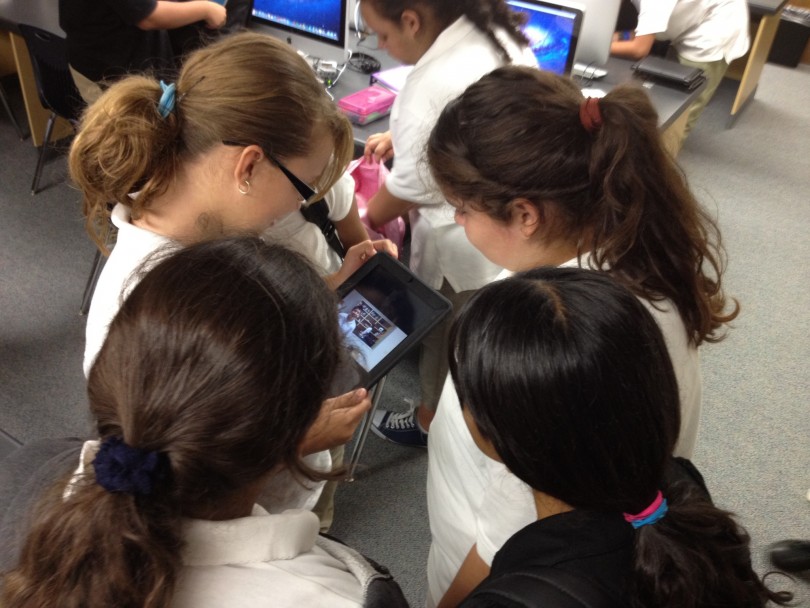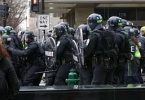aNewDomain — Cameras, mass shootings and teacher quality don’t usually fit into the same sentence. But whether they are planted in a classroom, scattered throughout the school or both, video cameras provoke polarized reactions. The tech followers envision a safe and secure school and a happy teaching staff using video to improve practice.
The less security minded and more privacy aware group is concerned at the idea of schools being transformed into invasive zones, staffed by suspicious and intimidated educators.

In this age of weapons coming into school the issue of mass shooting in corridors or prevention of knives in the classroom probably does warrant more video surveillance.
Video cameras are an already inescapable presence in public schools across the country, and the vast majority are purchased to bolster school security. The installation of interior and exterior cameras became more commonplace after the Columbine shooting in 1999 and spiked again after Sandy Hook in 2012.
“Ken Trump, president of national school safety and security, believes that the rush to install these systems often amounts to little more than a “knee-jerk reaction.”
“Following a high-profile incident like Sandy Hook, there is always a search to do something new in order to respond to the emotional security needs of parents and educators,” he said.
There are teachers who believe the video presence in the classroom is a positive.
“Placing cameras in classrooms is not only a fantastic tool to help teachers improve teaching and learning strategies, but also an effective strategy to ‘weed’ out poor performers and less than savory individuals not meant for elementary schools. So much money and effort is spent on curriculum and learning activities that a teacher unable or unwilling to deliver it without bullying should immediately be dismissed from the classroom. The cameras will not bother true educators, but will endlessly disturb those who resort to less than truthful, honest teaching of our kids,” said one.
But what of the the wishes and rights of young people regarding surveillance and data collection in their schools. This needs to be considered before any impingement upon freedoms and liberties of citizens, particularly those who are still too young to have a political voice.
I thought that education was about values and new ways of thinking? Not about Big Brother values in the classroom.
For aNewDomain, I’m David Michaelis.
All image credits: Wikimedia Commons













